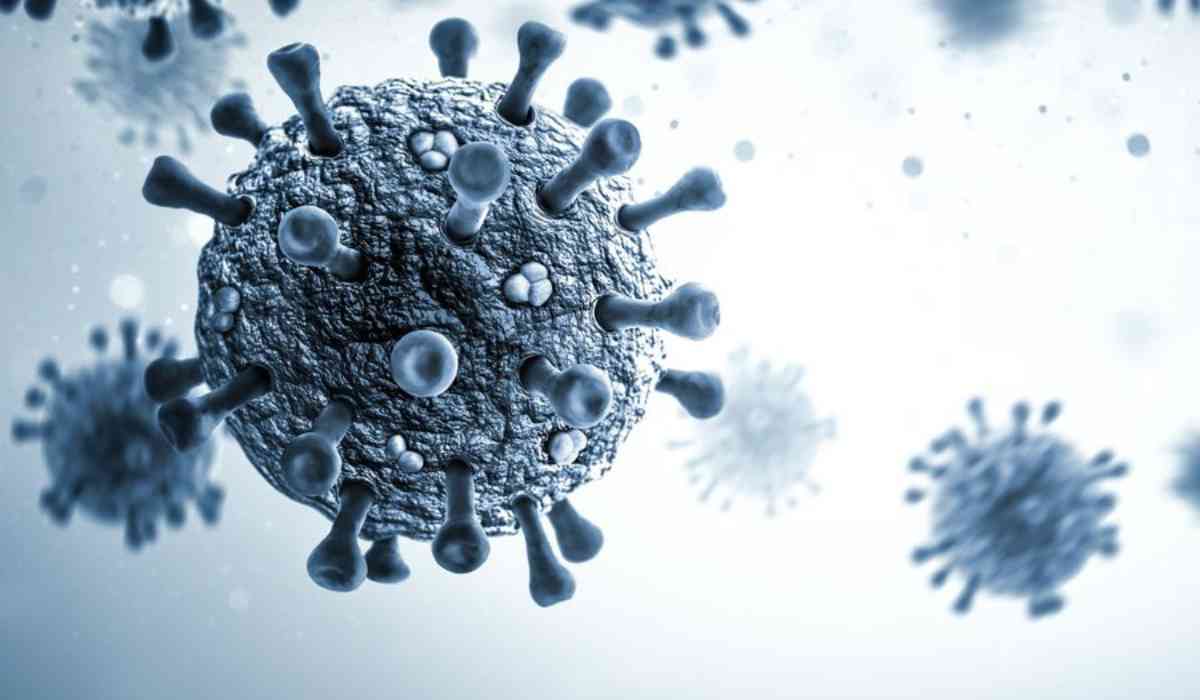Following a significant increase in adenovirus cases in the state, which has resulted in the rapid overcrowding of pediatric wards in both state-run and private hospitals, health authorities in Bengal have been urged to exercise extreme caution.
Since January, at least 32% of samples sent to the National Institute of Cholera and Enteric Diseases (ICMR-NICED) in Kolkata have tested positive for the virus, according to health officials.
Adenovirus is a common virus that can cause a range of illnesses, including the common cold, bronchitis, and pneumonia. It is highly contagious and can be spread through close contact with an infected person, or by touching a contaminated surface.

The symptoms of Adenovirus infection can vary depending on the type of virus and the severity of the illness, but they often include fever, cough, sore throat, runny or stuffy nose, headache, and muscle aches. In some cases, Adenovirus infection can also cause diarrhea, vomiting, and conjunctivitis (pink eye).
There is no specific treatment for Adenovirus infection, and most cases can be managed with supportive care, such as rest, fluids, and over-the-counter medications to relieve symptoms. In more severe cases, hospitalization may be necessary to manage complications such as pneumonia.
Prevention is the best way to avoid Adenovirus infection. You can reduce your risk by washing your hands frequently with soap and water, avoiding close contact with people who are sick, covering your nose and mouth when you cough or sneeze, and disinfecting frequently touched surfaces. If you experience symptoms of Adenovirus infection, it's important to seek medical attention, especially if you have underlying health conditions that may put you at higher risk of complications.
© Vygr Media Private Limited 2022. All Rights Reserved.



















